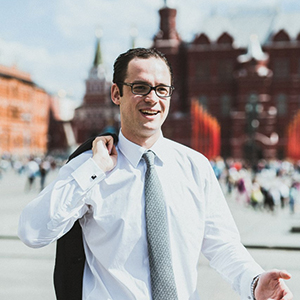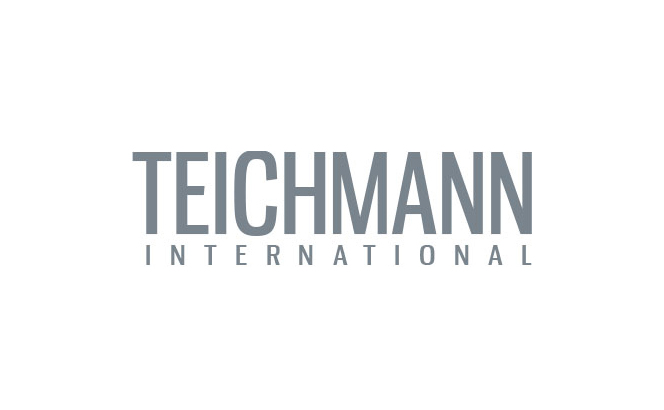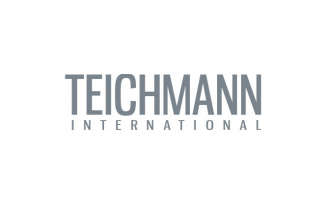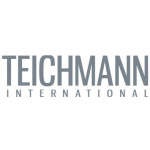Money laundering continues to be an issue for both financial services providers and their clients. In particular, money launderers continue to circumvent compliance measures by relocating to less-regulated, often cash-intense sectors. Because money launderers are not bound by parliamentary decision processes, they are able to react faster and exercise more flexibility than those who are responsible for keeping them in check. This goes to show that it is not only helpful but necessary for compliance officers and other diligent actors to be able to empathise with money launderers and how they operate.
At Teichmann International, we believe that in order to be able to effectively prevent money laundering, one needs to look at compliance from the money launderer’s perspective. Money launderers generally avoid methods and industries that fall within the scope of Anti-Money Laundering Acts. Moreover, they frequently split larger amounts of incriminated money to undercut threshold values for cash payments. Particularly well suited are investments in tangible assets because they facilitate placement of incriminated cash by changing the value carrier.
Under all circumstances, money launderers ensure that the beneficial owner of the funds cannot be identified and that plausibility for their transactions is maintained at all points in time. To achieve these goals, they use straw men and create forged paper trails. Hence, money launderers prepare fictitious contracts, invoices, and other documentation to justify transactions. In addition, they often form money laundering chains through several jurisdictions, counting on the fact that international exchanges of information between law enforcement agencies are tedious and slow due to the bureaucratic obstacles involved. For this purpose, money launderers prefer to use existing company structures to avoid unwanted attention and save time and money. Lastly, they merge legal and illegal funds to complicate the confiscation of assets and interrupt proof.
Resources that money launderers require include alternative payment methods, banks with weak compliance systems, detailed documentation, and access to experts with in-depth knowledge of the respective industry. Like any other economic activity, they face certain risks and costs when it comes to managing their business. These may include price fluctuations and inconsistencies between currencies.
‘We believe that in order to be able to effectively prevent money laundering, one needs to look at compliance from the money launderer’s perspective.’
Fabian Teichmann, Teichmann International
These findings led to the conclusion that money laundering can only meaningfully and effectively be combated if existing AML measures are drastically tightened. In addition, any measures aimed at preventing money laundering must be implemented globally to be truly effective. Otherwise, money launderers will simply shift their attention from one country to another. Alternatively, one would need to admit that similar to other crimes, money laundering cannot truly be prevented, only identified, prosecuted, and punished. This perspective would require a more comprehensive approach that shifts away from banks as the first line of defense. No matter which of these options will be pursued in the future, the findings from the present study close knowledge gaps by raising practitioners’ awareness for widely-used, highly-relevant money laundering methods and inspiring novel discourses on money laundering.
If you are interested to learn more about this topic, find more information in Teichmann, F. (2021). Methods of Money Laundering: Circumventing Anti-Money Laundering Mechanisms. Alphen aan den Rijn: Wolters Kluwer.
For more information, please contact:

Attorney-at-law Dr. iur. Dr. rer. pol. Fabian Teichmann, LL.M.
Managing partner
Marie-Christin Falker
Graduate research associate
Teichmann International (Schweiz) AG
Dufourstrasse 124
CH–9000 St. Gallen
T: +41 71 260 24 40
Bahnhofstrasse 82
CH–8001 Zürich
T: +41 44 201 02 21












